REVIEW: RAW Taiko guides its diasporic audience home in new ensemble piece
A month later, the drumbeat still makes my heart pound.
In a new work titled h o m e, the Raging Asian Womxn Taiko Drummers (RAW Taiko) wrapped up 2023 with the collective’s fourth theatre production, celebrating their 25-year journey of drumming to challenge systemic and internalized oppressions in Toronto and beyond.
Unlike any traditional ensemble performance I might have imagined, RAW Taiko’s concert resembled more of a cozy community gathering. Kicking off with a thoughtful check-in — which rarely happens in a theatre setting — the team invited the audience not only to pause and reflect on their own well being, but also to connect with people sitting adjacent to them and care as a community. Eyes met amongst fond greetings, and the warmth exuded from these interactions made me feel welcomed — the feeling of being at home.
Instead of starting right off on the stage, drummers emerged from the house, gathering energy and support from the crowd before delivering the opening act, “Omiyage,” which translates as “gift” in Japanese. In this case, that “gift” was both to and with the audience. While this enthralling performance was adored by an enthusiastic crowd, who were cheering and clapping to the drumming, it left me with complicated emotions. A crisp bright tone, expressing joy and gratitude for the growth and evolution of RAW Taiko, was followed by a thumping stroke, echoing the rage and pain that persists within Asian and other IBPOC communities experiencing racism and xenophobia.
Being part of an Asian diaspora, I was taken on a heart-pounding voyage by the performances of the 11 drummers, exploring a perhaps unreachable destination: home. The seven compositions expressed the unique journeys of the performers in search of the meaning of “home.” These stories are likely familiar to anyone who has experienced migration and/or displacement, but telling them only through strikes of the drums was a refreshing aesthetic choice. One could easily get overwhelmed by the heartfelt rhythm, melodies, and movements.
In sections like “If I Were a Body of Water” and “Somewhere,” I felt like I was being pulled into tides of memories and losing myself amongst the nostalgia with deep pulses and poetic verse, whereas in “Unravelling,” the powerful roar of Taiko called me out to confront my own struggles in finding a sense of belonging while hearing the diasporic rage and resilience of Young Park (artistic director of RAW Taiko). If only I had more time between sections to sit with these complex emotions.
Right before the intermission came one of the highlights of the night — “Tatsumaki.” Meaning “tornado” in Japanese, the performance invited communities to think about solidarity when destruction of homes is happening. An interview video with one of the performers, Yang Chen, was played before the act, and their question, “what can you do if someone’s home is being threatened?” resounded with me whilst listening to the rumbling notes that thundered into my heart. This compassionate piece often comes to mind whenever I’m reminded of the ongoing forced displacement of hundreds of thousands of Palestinians, Ukrainians, Congolese, and so on. It also recalls the problem of precarious housing in Toronto, and the Indigenous communities brutally removed from their homes as a result of colonization. Each drumbeat is a call for social justice, a call for collective power in action.
The voyage concluded on a high note with the finale, titled “Miyake,” celebrating the adventures the whole theatre just went through as a community. I was blown away by the collectivity embodied in the formation of this performance. Drummers played in upbeat relays, keeping the energetic sound of drums reverberated across the theatre. Exchanging cheerful gazes and warm smiles, they communicated, attentively listening to one another and hit their drums to create this compelling piece of music together. The choreography reminded me of the passing down of memories and histories for generations within the Asian diaspora, and also a symbolization of community, where people collaborate and help each other out with love and care.
The concert wowed me as a first-timer at Taiko performances. To be frank, I wasn’t sure what to expect before the show. The first time I learnt about this traditional Japanese percussion instrument was interestingly through a video game called Taiko no Tatsujin (太鼓の達人, Master of Drums). In the game, one scores whenever they hit the drum precisely with the instructed beat. This made me think Taiko can only produce a single tone, rather than more complex melodies. RAW Taiko proved me wrong. I walked out of the theatre, burning to water down my intense emotions. The joy of finding a sense of belonging in this community crashed with a yearning to cuddle with my long-distance family back in Hong Kong; every punch of the drum that reminisced generations of resistance brought hope but also despair in witnessing the enduring violence and inequalities around the world.
h o m e is a never-ending journey. The sound of Taiko reverberates when I see the wrinkles of my granny through the screen, smell the aroma of rice, hear the crying and screaming from the news, holding my partners’ hand in the cold breeze…
The Lunar New Year will occur in three weeks. A festival about family reunions, rituals and traditions. I hear the drumming of RAW Taiko once again, guiding me to another endless journey of finding home.
You can learn more about RAW Taiko here.
Intermission reviews are independent and unrelated to Intermission’s partnered content. Learn more about Intermission’s partnership model here.

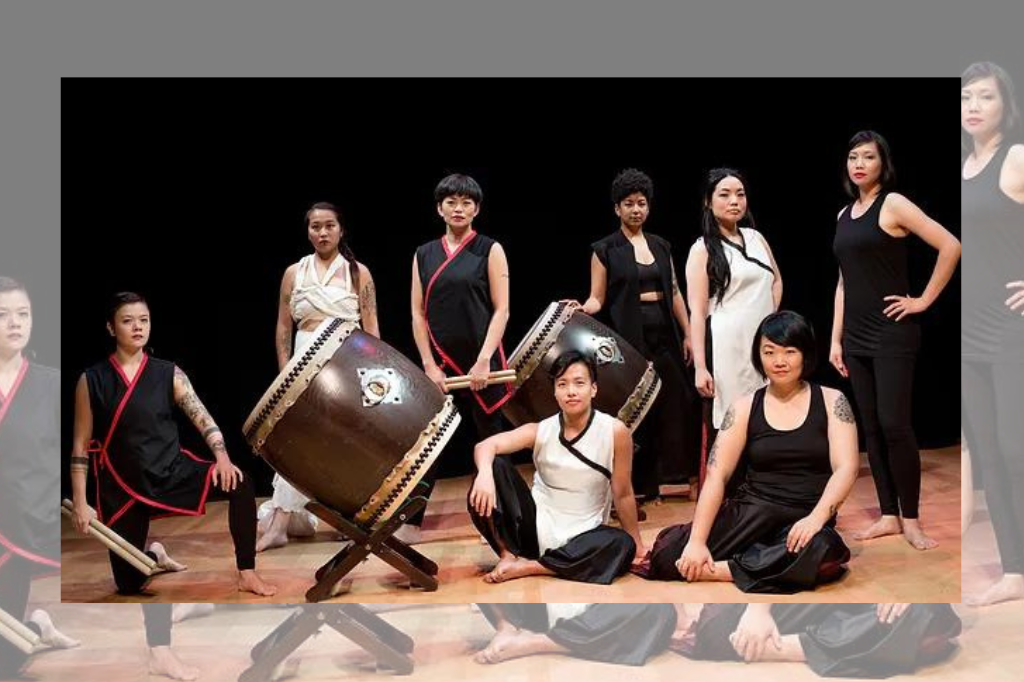
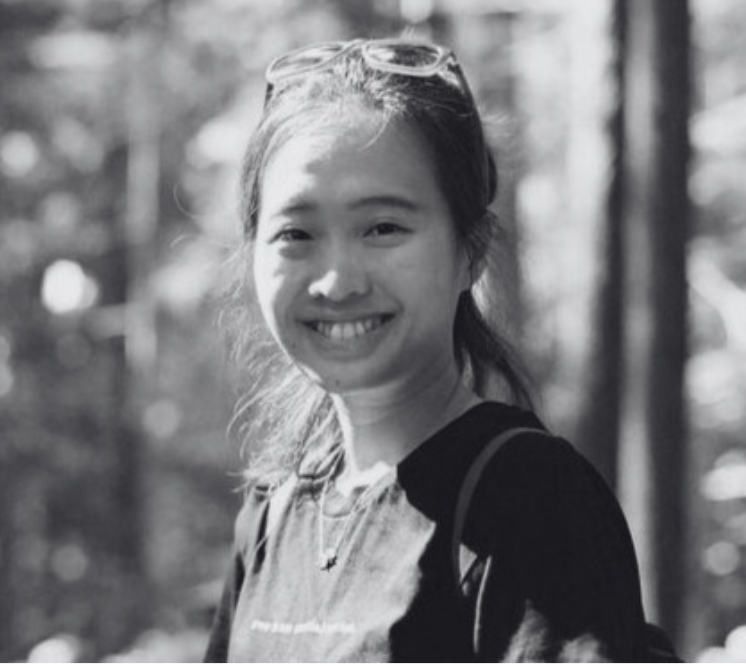

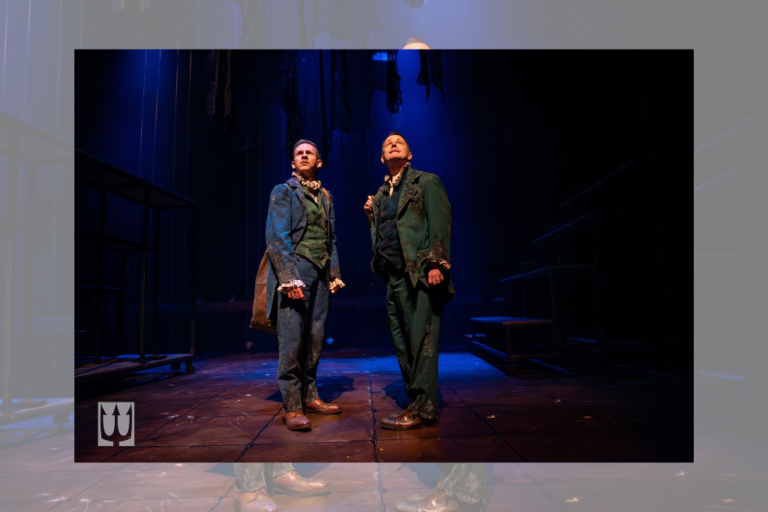

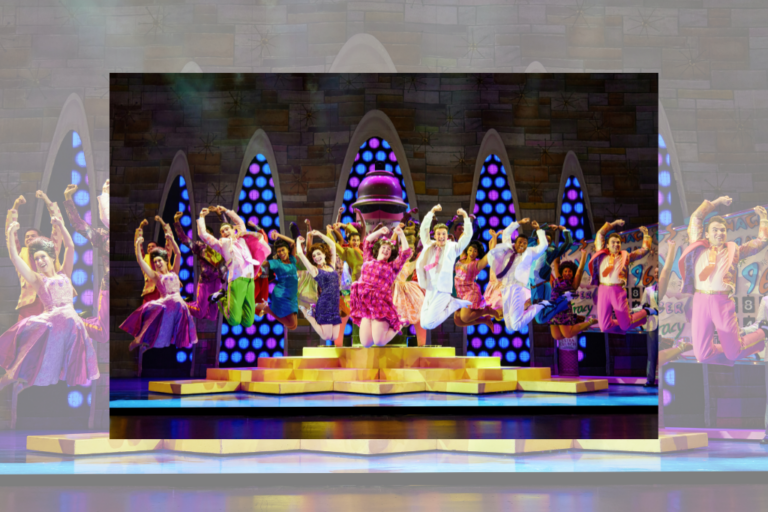


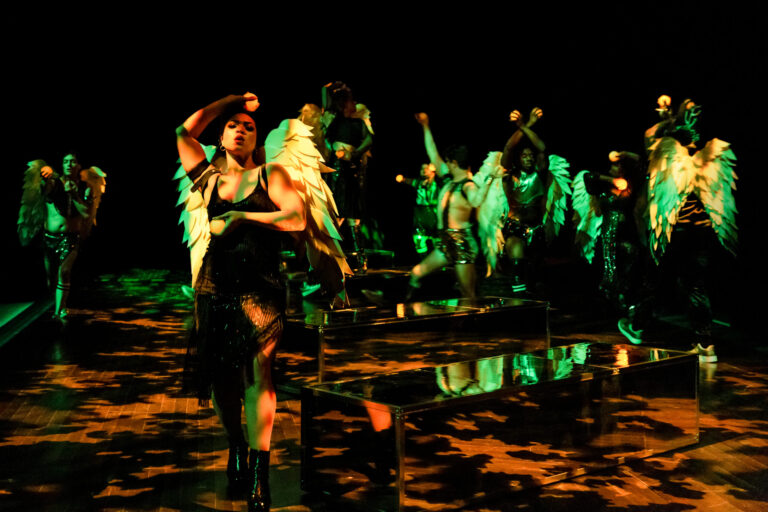
Comments